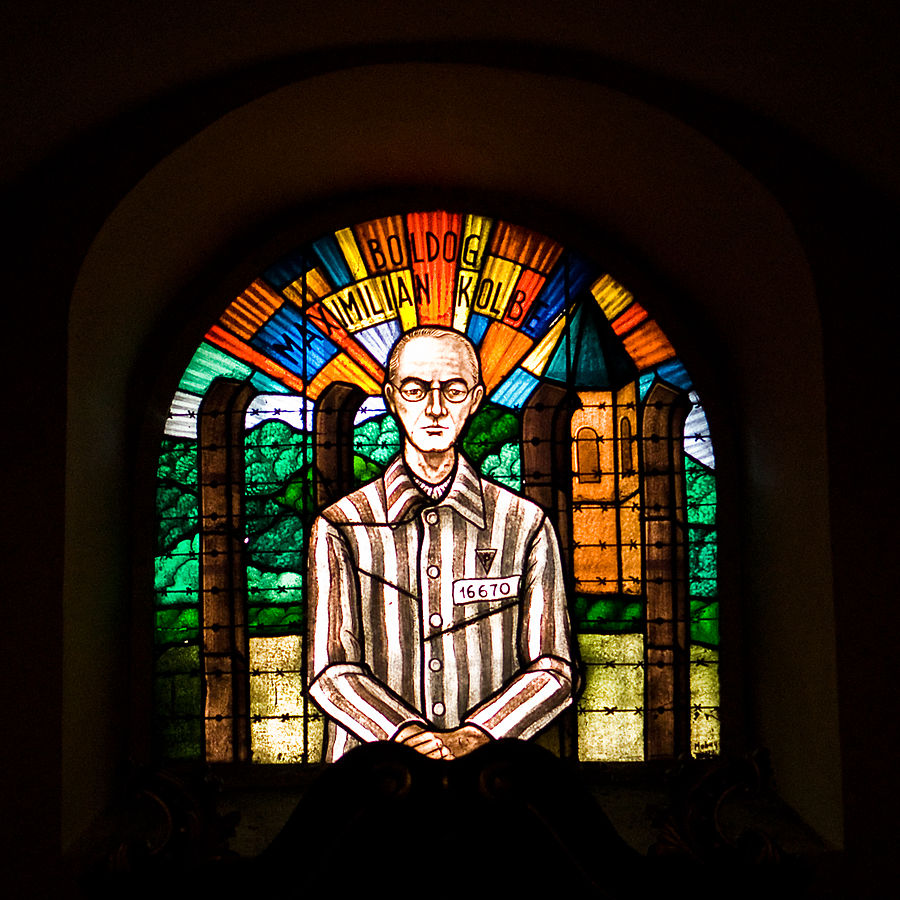A sequel to this.
Think of St Maximilian Kolbe. In Auschwitz, he offered to take the place of a man who had been marked to death.
Now, there are many ways he could have excused himself from making this decision. Even ways you can criticize his decision. Reasonable ones.
After all, he was pastoring to people in the camp. Didn’t his people need him? Wasn’t there many more people who he could have helped if he’d tried to survive just a bit longer? And what about this man? Wasn’t he going to die anyway? This is not rhetoric. These are serious questions. Very real questions. Questions that, though rarely with the same import, we all have to confront.
And yet, for St Maximilian, what mattered to him was not the consequences of his actions. Fundamentally, St Maximilian was oriented towards God.
This is what morality as worship, as liturgy, is. It is oriented towards God. St Maximilian gave his life to God. And, indeed, his martyrdom was a kind of liturgy: left to starve to death, St Maximilian sang hymns of praise to God as he died. He gave his whole life to the worship of God.
Such is the liturgy we are called to perform, all of us baptized and anointed as priests of the Lord Most High.













